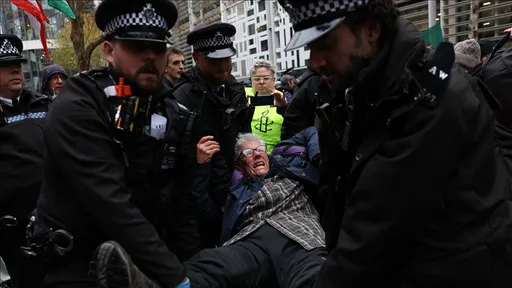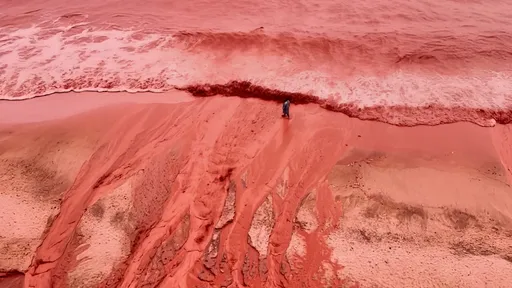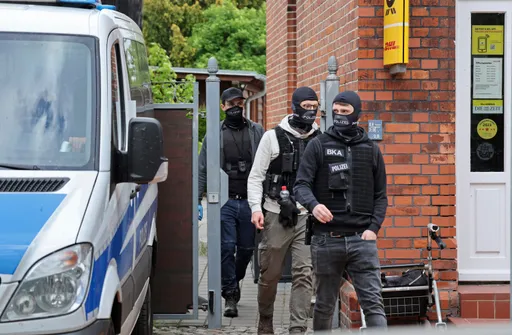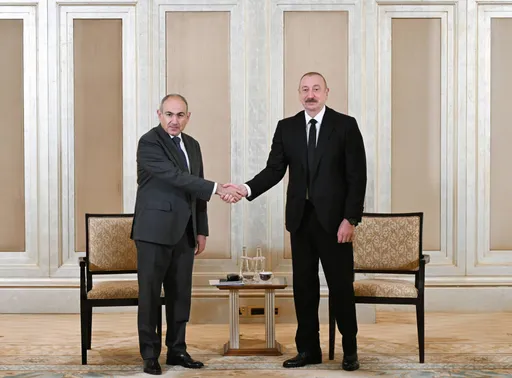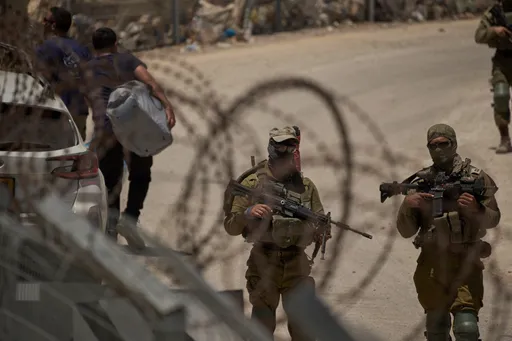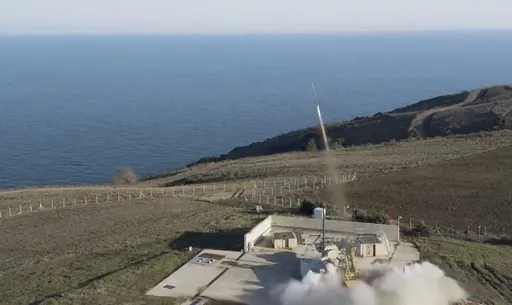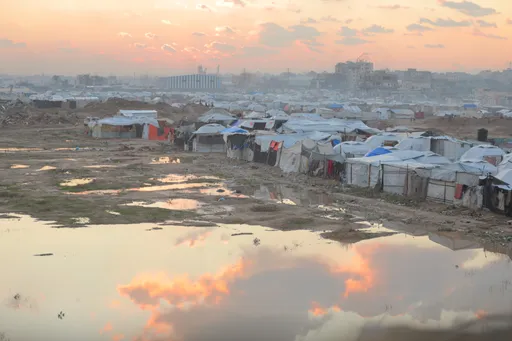Zimbabwe's President Robert Mugabe fired Emmerson Mnangagwa as vice president on Monday for showing "traits of disloyalty," his information minister said, abruptly removing a favourite to succeed the 93-year-old leader.
Mnangagwa's removal provides a boost for Mugabe's wife, Grace, who has been a vocal critic of the vice president and is also seen as a potential successor to her husband.
"The vice president has consistently and persistently exhibited traits of disloyalty, disrespect, deceitfulness and unreliability," Information Minister Simon Khaya Moyo told reporters.
"It had become evident that his conduct in his discharge of his duties had become inconsistent with his official responsibilities."
Mnangagwa's top aide Christopher Gwatidzo said he had not seen the statement by Khaya Moyo and declined to say whether the vice president had been at his office on Monday.
Grace, 52, nicknamed "Gucci Grace" for her love of shopping, called Mnangagwa a "coup plotter" and a "coward" on Sunday in a speech that inflamed an already bad-tempered rift in the ruling Zanu-PF party.
It followed a speech by Mugabe at a rally on Saturday where he publicly rebuked his deputy for the first time.
The reaction of the military could be key. Some army generals backed Mnangagwa to succeed Mugabe and have publicly said they will not allow someone who did not fight in the 1970s independence war to rule. Grace did not fight in that war.
Grace made international headlines in August when a South African model said the Zimbabwean first lady had whipped her with an electric cable in a Johannesburg hotel suite. Grace denied the allegations.
Growing rift
The fight over the future control of ZANU-PF has overshadowed an economic crisis marked by chronic shortages of cash and spiralling prices of goods, which has raised fears of a return to hyperinflation.
By firing Mnangagwa, Mugabe has removed one of his last remaining liberation war comrades who have stood by him since independence from Britain in 1980.
However, Grace said on Sunday Mnangagwa had always been plotting against her husband, even months after independence.
Mnangagwa's biggest undoing may well have been his vocal supporters, who kept prodding Mugabe to step down. Mugabe has a history of punishing ambition in ZANU-PF.
Relations also cooled between the two men in August after suggestions by Mnangagwa's allies that he had been poisoned by ice cream from a dairy owned by the Mugabes.
That Mnangagwa's expulsion was announced by a government minister and not the chief secretary to the president and cabinet also spoke to the deterioration in the relationship.
Mugabe plans to contest elections due next year and will likely face a weakened and fractured opposition.
His main rival Morgan Tsvangirai has been in and out of a South African hospital after announcing he had colon cancer in 2016.
'The Crocodile'
Nicknamed "Ngwena" (The Crocodile) because of his fearsome power and ruthlessness against rivals, the 75-year-old had a reputation for taking no prisoners.
But he was ultimately outfoxed by Grace Mugabe, who is 41 years younger than her husband after she apparently convinced the veteran head of state to ditch his long-serving minister.
An acrimonious weekend in which Mugabe's wife was openly booed at a rally prompting the president to blame Mnangagwa, who was present, probably sealed the fate of the outgoing number two. It was the climax of long-running tensions between the first lady and Mnangagwa.
Analysts have suggested that Mnangagwa's sacking would effectively disqualify him from the race to eventually replace Mugabe, now aged 93.
In the early days after independence from Britain in 1980, Mugabe made the young lawyer his minister for national security.
Since then Mnangagwa has occupied a host of cabinet positions but relations between him and his political mentor have not always been cosy and the younger man is no stranger to presidential purges.
In 2004, he lost his post as the secretary for administration in the ruling ZANU-PF party after being accused of openly angling for the post of vice president.
Four years in the political wilderness followed, during which his then-rival Joice Mujuru became vice president and the favourite to succeed Mugabe.
She was ultimately deposed following a campaign orchestrated by Grace Mugabe who convinced the president she was not to be trusted.
Political comeback
The 2008 elections, when he was made Mugabe's chief election agent, changed Mnangagwa's fortunes.
Mugabe lost the first round, but his supporters were not going to make the same mistake in the second round, which was marred by violence, intimidation and allegations of vote rigging.
In the same year Mnangagwa took over as head of the Joint Operations Command, a committee of security chiefs, which has been accused by rights groups of organising violent campaigns to crush dissent.
He was targeted by EU and US sanctions imposed on Mugabe and his close allies over the elections and violence, but promptly given control of the powerful defence ministry.
It was a return to the home that made him a force in Zimbabwean politics in the first place.












